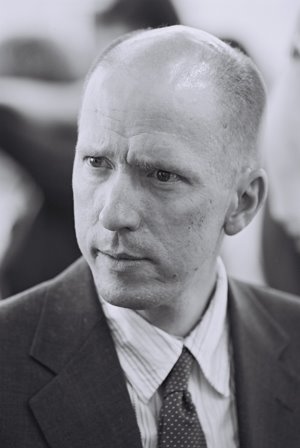The key idea is that as scientists we would like to use the stimulus as an experiment to see if Keynes was right. But quickly we realize that it's a crummy experiment because there's no control group. We need a parallel universe in which everything else was the same but the stimulus was not enacted. But the commentators point out that economists have "parallel universe machines." We use estimated models to conduct counterfactuals. If the model is right, we can say what the parallel universe would look like. According to Mark Zandy, unemployment would be 11.5% instead of 9.5%.
The Planet Money reporters rightly point out we should be skeptical about these models. But they don't get the reason right. They seem to think it's because the world keeps changing so the laws don't stay fixed long enough to figure them out. I don't accept that premise. Rather,the basic problem is that the estimates in the model were created by regressions that lacked a parallel universe. So they use observed time-series and cross-section variation instead. In some cases--my own work, for example ;-) --we can get estimates we trust this way. But for economic stimulus, the problems of holding all else equal in other periods or other places just seem insuperable. Not wanting to end on a pessimistic note, I actually got something really helpful from this podcast: a new metaphor for what I do at work. I'm a builder and operator of parallel universe machines!

No comments:
Post a Comment